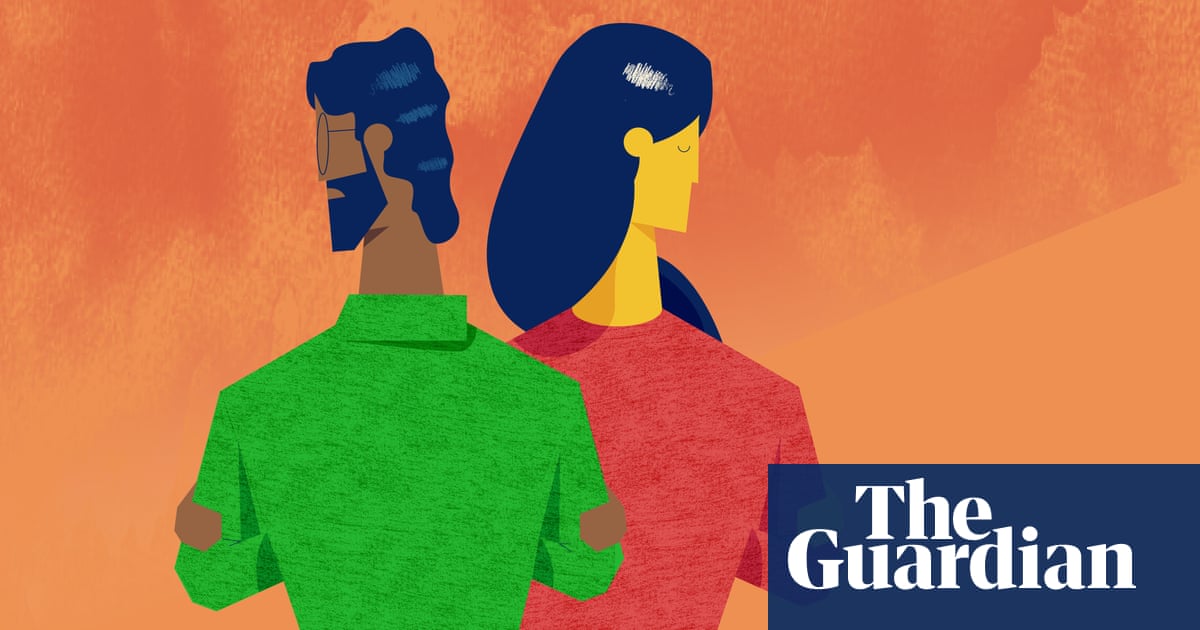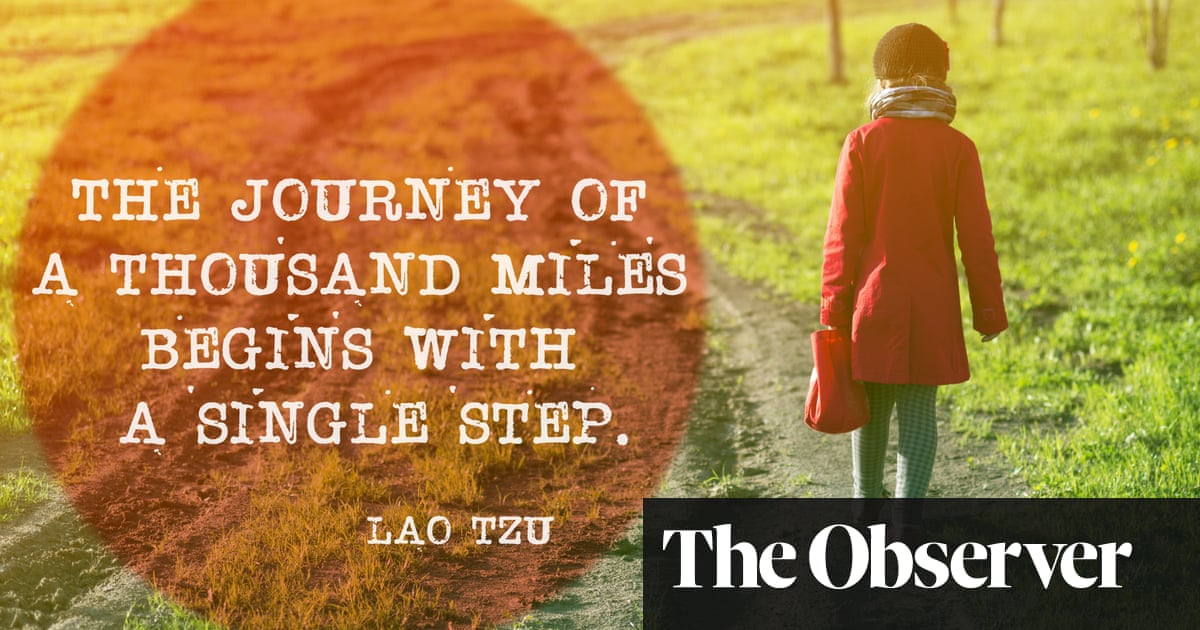
I am 16, and identify as an ace lesbian (NMLNM, or non-men loving non-men). I have questioned my sexuality since the age of 12 or 13, thinking I was bisexual. I downloaded TikTok, which allowed me to explore my identity more and interact with other queer young people. Until this summer, I questioned my identity multiple times a day (exhausting and not affirming), but I slowly began to feel confident in labelling myself as a demi-romantic, asexual lesbian (I like to use labels). However, that feeling didn’t last long. I felt dysphoric a lot of the time, and I hated my breasts. Fortunately, after about a month, I rediscovered the term “demigirl” and it just fitted. I am also trying out she/they pronouns, but haven’t told anyone. My gender is quite fluid – some days I feel more neutral, other days ultrafeminine.
I am open about my sexuality at school and online, and would happily tell most people that I am gay, but don’t want to “come out” to my parents. I think it’s a combination of fear, not of rejection (they are supportive of the LGBTQ+ community), and the fact that I hate the idea of having to “come out” if you are queer; I don’t want to contribute to our heteronormative society. Should I tell my parents so they have time to process it, or should I wait until I have a partner to introduce to them? Also, I feel obliged to inform them of my pronoun change, but I don’t want to be the one to teach them how to use she/they pronouns. I wish they would educate themselves. If I tell them my gender and/or sexuality, I don’t want them to perceive me differently. I know how they react is not in my control, but ideally our relationship will stay the same or improve.
Obviously, whatever you say to your parents, and the timing, is up to you. But it sounds as if your sexuality and orientation will be no surprise to them.
I wondered what feels different about telling others, and why you find that easier? You said you weren’t sure about telling your parents and that it was partly out of fear, but didn’t spell out what it is you fear. Is it that you feel you need to give yourself a fixed label in order to “come out” to your parents? I think it’s fine to say just what you’ve said to me (you could even show them the letter you sent in, it’s beautifully eloquent), which is that you like labels, but how you identify and therefore label yourself can change.
I contacted psychotherapist Charlie Beaumont, who has a lot of experience in gender issues. “It’s interesting that you like labels,” he said. “It seems you’re really looking for an identity, and at this stage of life, things often feel uncertain. There’s a lot of fluidity in the way you feel about yourself, and a label can help you feel more secure.”
He asked: “What would be wrong with having an ordinary discussion with your parents? I understand what you say [about not wanting to contribute to a heteronormative society], but if you can open up the conversation, it might be better all round, rather than turning up with a partner when you’ve never discussed anything before.”
Beaumont also wanted to assure you that “you shouldn’t worry too much about being fluid: that’s an ordinary process. People don’t always use labels, but it’s far more common now [to be fluid].”
I realise it’s tiring having to educate people on pronouns, but, being realistic, some do struggle with them. I often think that if you educate one person, they go on to teach others, so it’s a good investment. Beaumont did want to sound a gentle word of warning, generally, about forming an identity solely via social media. “The best way of getting to know oneself is to be part of groups that you know, face to face.” He stressed it was “even better to be part of various different groups. You can test who you are in the real world.”
Of course it’s your choice, but it might be good to have your parents alongside you on your journey. And who better to educate your parents than their own child?












